Michael Alexander speaks to the founder of a recently formed North East Fife charity which is helping young people through farming placements in animal husbandry and food production and now wants to take over a new site.
Come rain or shine, there’s always plenty of work to be done at Lucky Ewe whether that be milking, feeding, mucking out, weighing lambs or counting sheep.
But the Fife charity is also striving to create a place where young people can go to build skills and confidence in the workplace.
Since gaining its charity status in March 2020, Lucky Ewe has gained funding and attracted volunteers, working towards the goal of facilitating farming placements in animal husbandry and food production.
This helps people to develop their skills, experience and provides a stepping-stone towards future employment.
Each week, young people with additional support needs and others who are simply struggling with life in the classroom and beyond, visit the charity’s flock of Dairy Sheep at Bonnyton Farm, near Largo.
Being outdoors and mucking in as part of a team gives them the opportunity to forget everything else in their life for a short time and helps build confidence.
The tangible benefits to families of young people with pronounced emotional needs saw Lucky Ewe chairwoman, Joan Brown, nominated as a Platinum Champion and invited to the Jubilee where she was presented to the Duchess of Cornwall.
Buoyed by the success of the project so far, and following the economic and mental health impacts of the Covid-19 pandemic, the charity’s trustees and volunteers are stepping up their ambitions to develop a wider community presence at NHS Stratheden, outside Cupar.
Moving to this new location would allow them to increase their flock numbers and expand the experiences they can offer to include more food crops, such as eggs, honey, fruit and vegetables.
However, the charity’s recent attempt to acquire the 71 acre site at Stratheden has been knocked back by NHS Fife. They now have until June 30 to appeal.
What inspired Lucky Ewe?
In an interview with The Courier, Lucky Ewe chairwoman Joan Brown explained why she thinks there should be “Lucky Ewes across the country”.
She also revealed how her experiences as a secondary school teacher, and being the mother of a daughter with a learning disability, inspired her to set up the charity.
Towards the end of her career, the now retired Auchmuty High School principal teacher of learning support, had studied for a doctorate in post-school transitions for young people with additional support needs in education.
Through her daughter Alana’s experiences, as well as through her own professional life and research, she realised there “still isn’t enough post-school provision for the learners with additional support needs or young people experiencing emotional turmoil”.
This meant they were often “not able to smoothly go on to the next step in life”.
She discovered that businesses wanting to take on apprentices didn’t have time to bring them on in a slow and easy way to foster confidence.
It was with all these things in mind that Lucky Ewe was born.
“About five years before I retired from teaching at 60, I decided I wasn’t going to do what most teachers do – buy a camper van!” she says.
“I think when you’ve got someone in your family who’s not soaring through and not finding things easy, you realise there’s a massive amount still needing done.
“So that’s when I thought – Sheep! Outdoors! Long before anyone said you should be outdoors because it’s good for your mental health!”
Laying the groundwork
Five years before retirement, Joan, who lived on a farm as a young child, decided to get some agricultural experience by spending her Easter holidays on lambing placements through the Worldwide Opportunities on Organic Farms (WWOOF) scheme in Arran, Northumbria, Galashields, Isle of Lewis and Kirkcudbright.
But what she was really doing was laying the groundwork for Lucky Ewe.
At first she got a tenancy at Peat Inn, between Cupar and St Andrews.
But when this fell through, Lucky Ewe, now incorporated as a charitable organisation, began renting some land from now retired Madras College teacher and former Cupar resident Pete Beaver, of Bonnyton Farm.
In recent weeks Lucky Ewe has been visited by numerous teenagers and young adults with different needs.
They range from a traumatised looked after child, now 18, who was very depressed while at school to another youngster who identifies as non-binary and is “on a journey”.
The Interns help milk and feed the sheep – including one animal that two boys have named Spongebob.
They help pack bags of sheared wool, clean and fill the water butt, clean poop from the stock tunnel.
But they are also given time to sit, chat and reflect over a hot drink, in a way that engenders therapeutic conditions and allows them to open up in a non-judgemental environment.
Most of those attending are referred from services like Care Visions, Fife Council Pupil Support Services and Fife’s Child and Adolescent Mental Health Service.
Joan, who also sells sheep cheese for the charity, says the benefits have been tangible.
She was honoured when a parent nominated her for the Royal Platinum Award in recognition of the efforts made by the charity to reduce anxiety and offer alternative learning experiences to young people.
Teenager took own life
There’s one sad story, however, that stands out when she talks about the establishment of the charity and the needs it’s tapping into.
Having held their inaugural meeting in summer 2019, they moved to Bonnyton Farm in autumn 2019.
Incorporated as a charitable organisation on March 13 2020, the country went into Covid-19 lockdown 10 days later.
This meant that a 17-year-old lad who’d been accessing them through a local foster care trust was no longer able to attend – despite their attempts for the rules to be bent to allow him to do so.
“When he started coming to Lucky Ewe he couldn’t even wheel a barrow,” recalls Joan.
“After three weeks he could lift a bale, wheel a barrow, stop a sheep in its tracks, do it all!
“Then Covid came along and unfortunately he was prevented from coming. The trust felt they couldn’t take the chance.
“To cut a long story short, he took his own life in May 2020 just after he turned 18.
“He had been put into sheltered accommodation when he turned 18 and a few weeks later he was dead.
“It was just shocking, tragic! He had a lot of stuff going on in his life. I’m not saying it was because he couldn’t come to Lucky Ewe that he took his life. But it was the social isolation that killed him!”
Joan takes no pleasure in telling that sad story but she hopes it helps highlight the serious problems some young people face and the hidden benefits the charity can bring.
Asset transfer request to NHS Fife
Since then they’ve got more funding and money for salaries from the National Lottery Community Fund and the Robertson Trust amongst others.
Lucky Ewe employs four part time support workers and an administrator.
Joan first became interested in putting in an asset transfer for agricultural land at Stratheden when she was chair of local environmental group Sustainable Cupar.
Community Empowerment legislation allows a properly constituted community body to take over a publicly owned asset that is not being well used.
Lucky Ewe got everything in order to make the Community Asset Transfer application. Stratheden would be much more accessible than their current set up, would be close to mental health facilities and could be developed to become sustainable, they say.
However, after a long wait of two years Lucky Ewe received a letter from NHS Fife on May 31 to say their application had been rejected.
Reasons given included not providing sufficient evidence how Lucky Ewe intends to fund their proposal and concern that a building they want to use is in a state of dereliction.
NHS Fife also said that not enough reasons had been given for the need for the extra land; they had not provided sufficient evidence of community support; there were infection control concerns, and NHS concerns that a lease could impinge any future development plans for the Stratheden site.
But responding to this, Joan says: “There’s no problem with the NHS needing the land in future because all they need to do is put a clause in the lease to say if they need land for purposes other than farming, then they can have it back at a year’s notice. We are not trying to stand in NHS’s way!
“We are answering all their points. We are also framing it in a different context.
“A community farm in Cupar to benefit those with additional support needs.
“How cool is that? And we are willing to do the work for it!
“We are trying to make them realise it could be a massively good thing to do!
“And this sort of thing should be happening all over the place.”
Joan added that as of Wednesday June 22, 339 had signed the Lucky Ewe petition https://bit.ly/Lucky-Ewe-Petition and 152 had added comments.
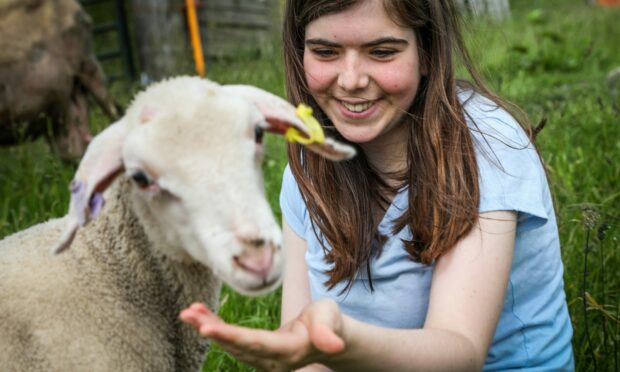
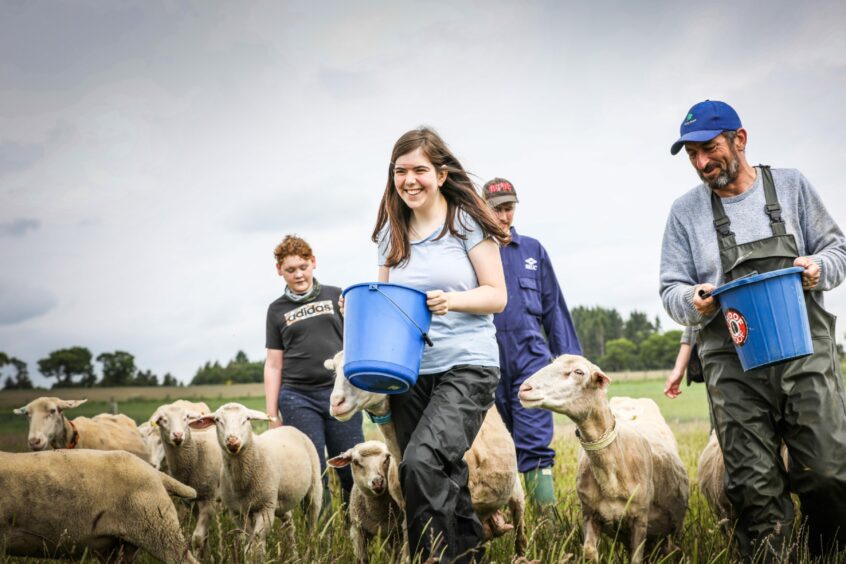
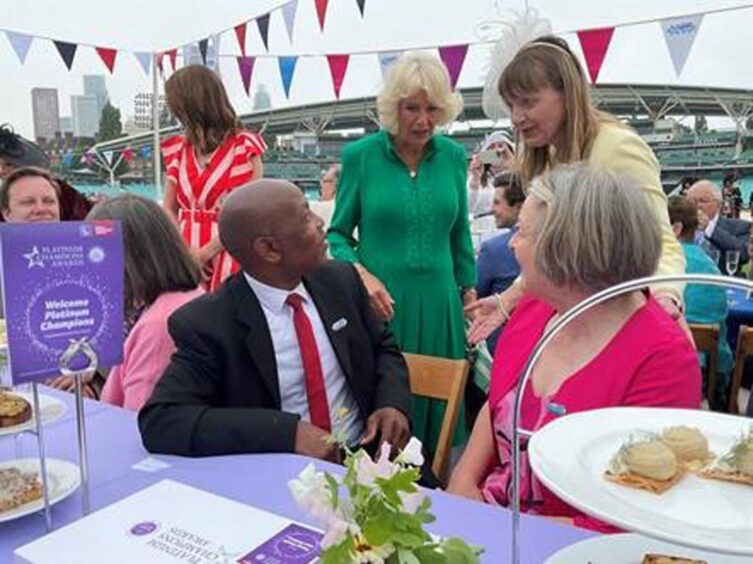
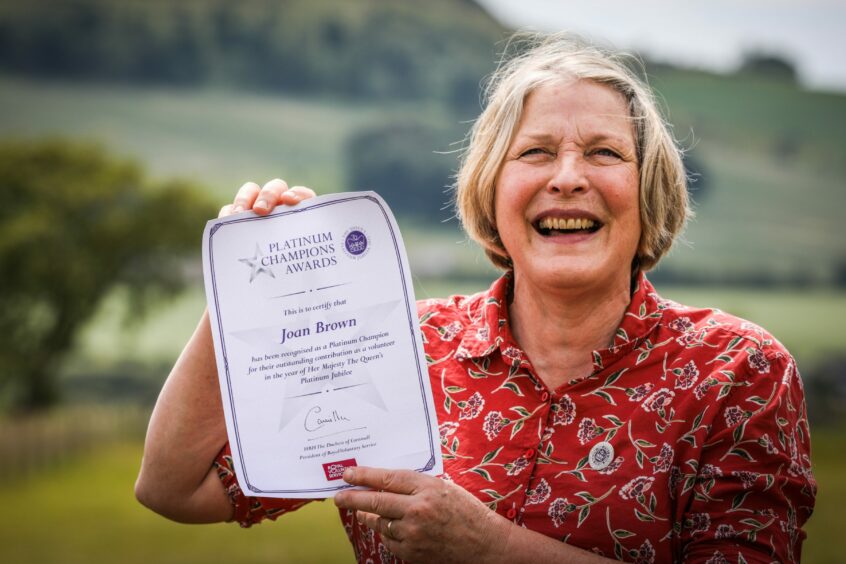
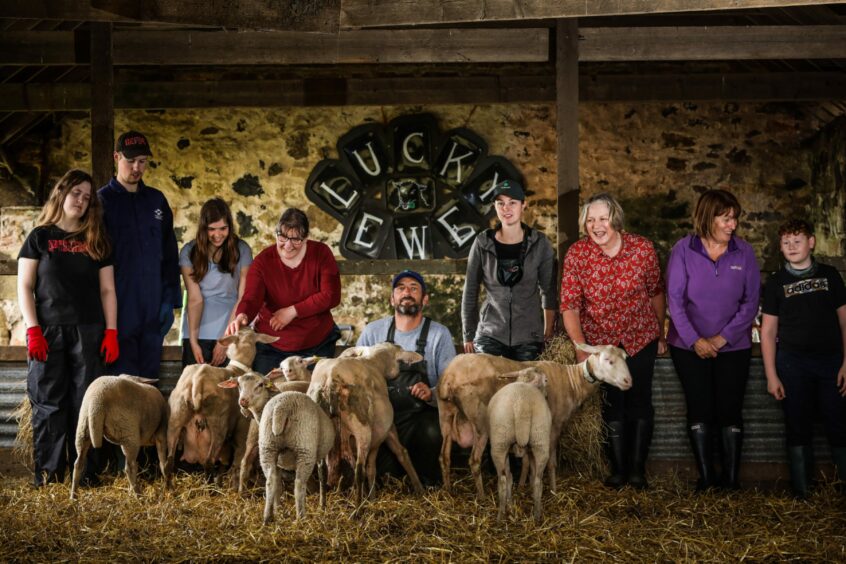
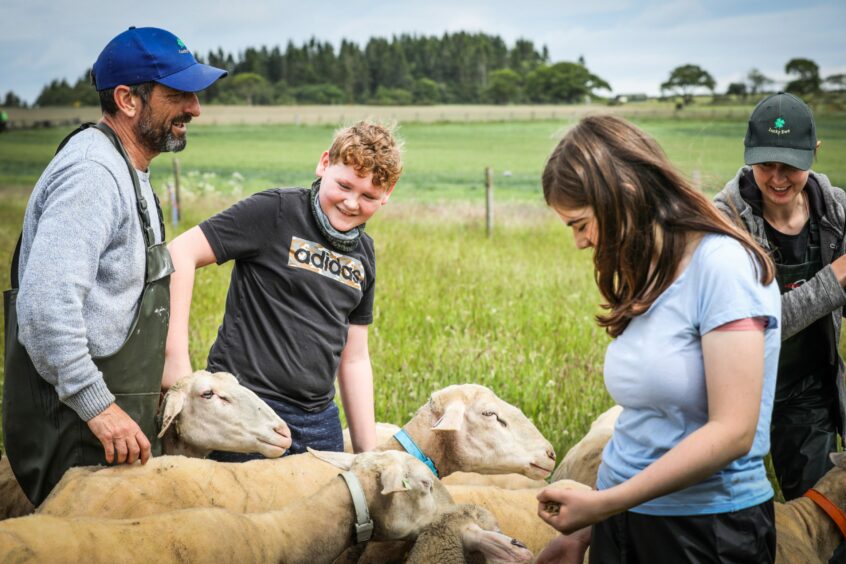
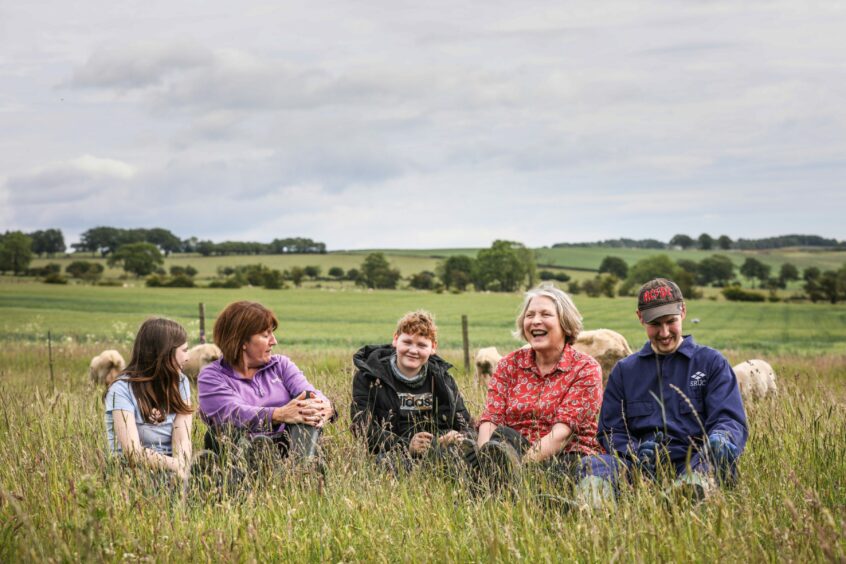
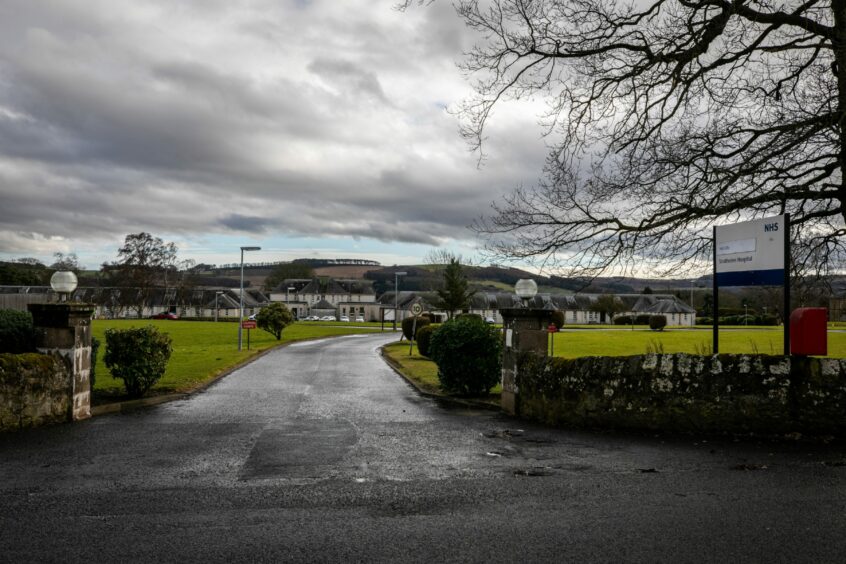
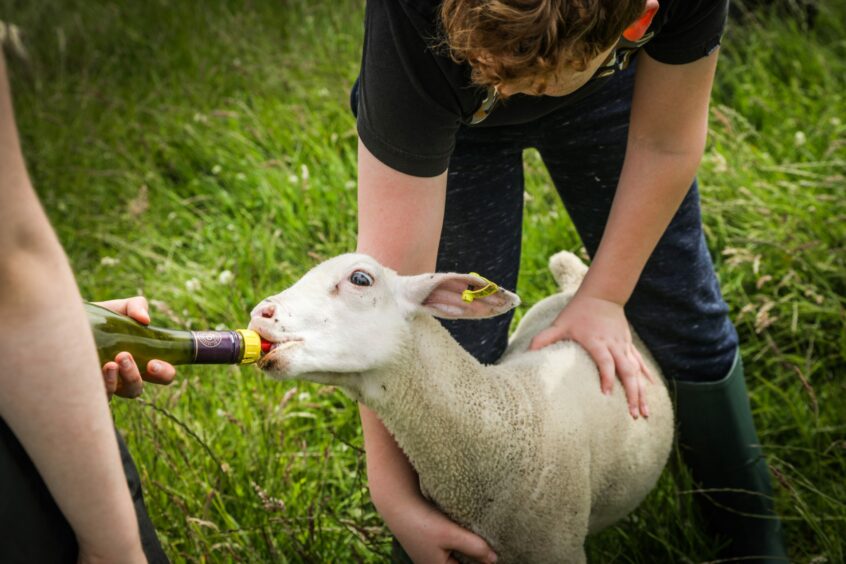



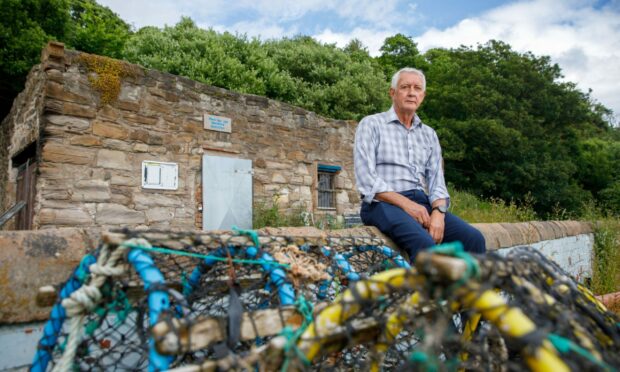
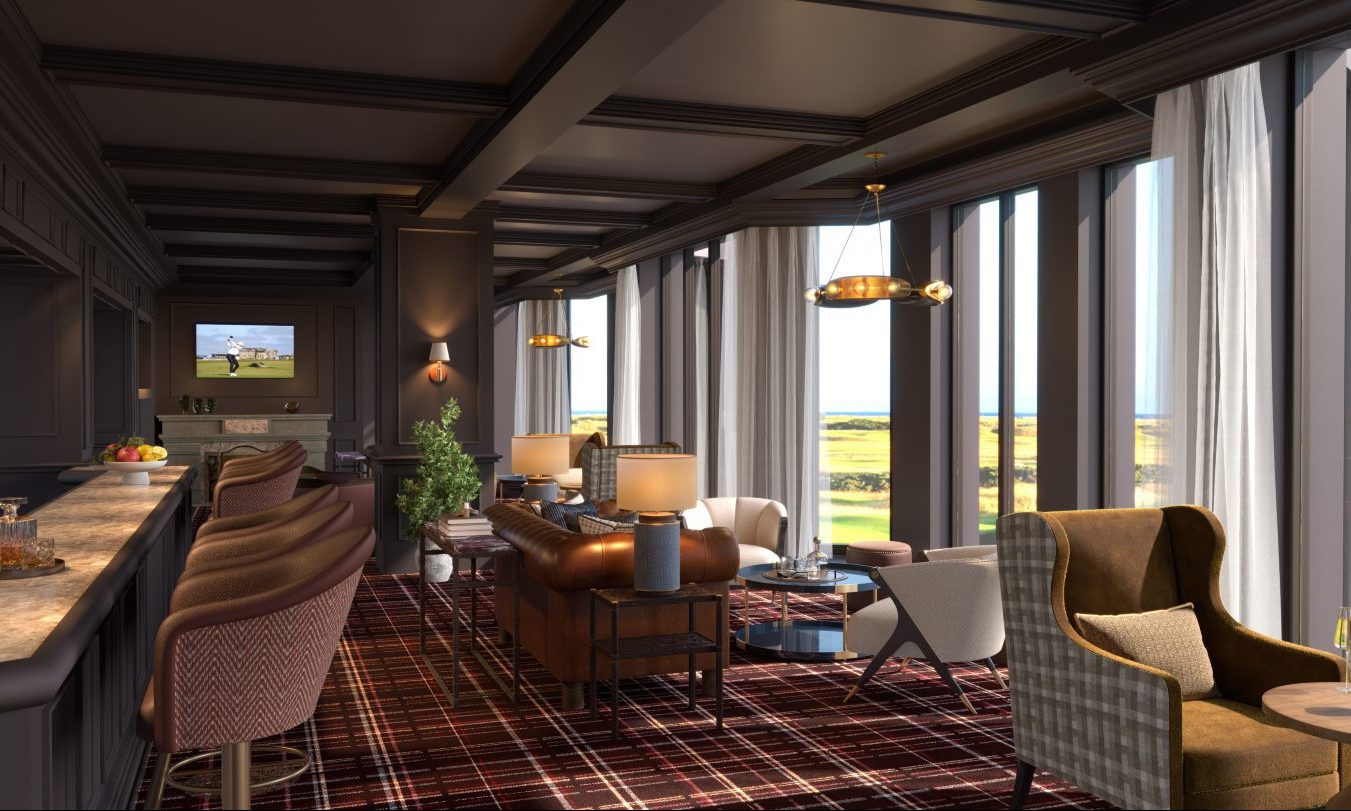
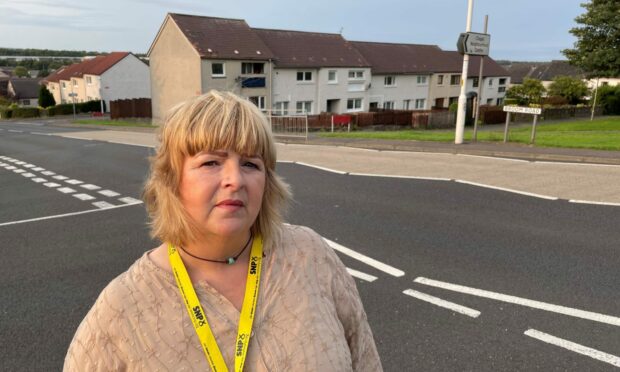




Conversation